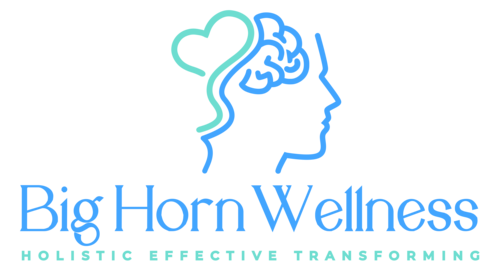
Coaching or Counseling for your teen?
Teen counseling and teen coaching both aim to support adolescents in navigating their challenges and developing skills for personal growth. While both approaches have their merits, teen coaching offers several distinct advantages that emphasize its effectiveness and positive impact.
Teen counseling and teen coaching both aim to support adolescents in navigating their challenges and developing skills for personal growth. While both approaches have their merits, teen coaching offers several distinct advantages that emphasize its effectiveness and positive impact.
1. Proactive Focus: Teen coaching often takes a proactive approach, focusing on setting goals and developing strategies to achieve them. Unlike counselling, which may primarily address past issues or traumas, coaching encourages teens to look forward and actively work towards their desired outcomes. This forward-thinking approach instills a sense of empowerment and agency in teens, helping them take ownership of their lives and futures.
2. Strengths-Based Approach: Teen coaching typically adopts a strengths-based perspective, emphasizing the unique talents, abilities, and resources that each teen possesses. Instead of solely focusing on problems or deficiencies, coaching helps teens identify and leverage their strengths to overcome challenges and achieve success. By highlighting their positive attributes, coaching boosts teens' self-confidence and resilience, fostering a more optimistic outlook on life.
3. Holistic Development: While counseling may primarily address emotional or psychological issues, teen coaching takes a more holistic approach to development, encompassing various aspects of life such as academics, relationships, and personal aspirations. Coaches work with teens to identify areas for growth and provide guidance in developing skills related to time management, communication, decision-making, and goal-setting. This comprehensive approach equips teens with the tools they need to thrive in all areas of their lives.
4. Empowering Relationships: In coaching, the relationship between the coach and the teen is often characterized by collaboration, mutual respect, and trust. Unlike the more authoritative dynamic sometimes present in counseling, coaching fosters a partnership where teens feel valued, understood, and supported in pursuing their goals. This empowering relationship empowers teens to take active roles in shaping their lives, fostering a sense of accountability and responsibility for their actions.
5. Life Skills Development: Teen coaching goes beyond addressing immediate concerns to focus on long-term skill development. Coaches help teens cultivate essential life skills such as problem-solving, resilience, adaptability, and self-awareness, which are invaluable for navigating the complexities of adolescence and adulthood. By honing these skills, teens not only overcome current challenges but also build a foundation for future success and fulfillment.
6. Positive Mindset Cultivation: A key aspect of teen coaching is cultivating a positive mindset and outlook on life. Coaches encourage teens to adopt a growth mindset, believing in their capacity for learning, growth, and improvement. Through positive reinforcement, encouragement, and supportive feedback, coaching helps teens develop a greater sense of optimism, self-efficacy, and resilience in the face of adversity.
In summary, while both teen counseling and teen coaching serve valuable roles in supporting adolescent well-being, teen coaching offers a range of benefits that emphasize its effectiveness in promoting positive development.
By taking a proactive, strengths-based, and holistic approach, coaching empowers teens to overcome challenges, develop essential life skills, and cultivate a positive mindset that prepares them for a bright and fulfilling future.
